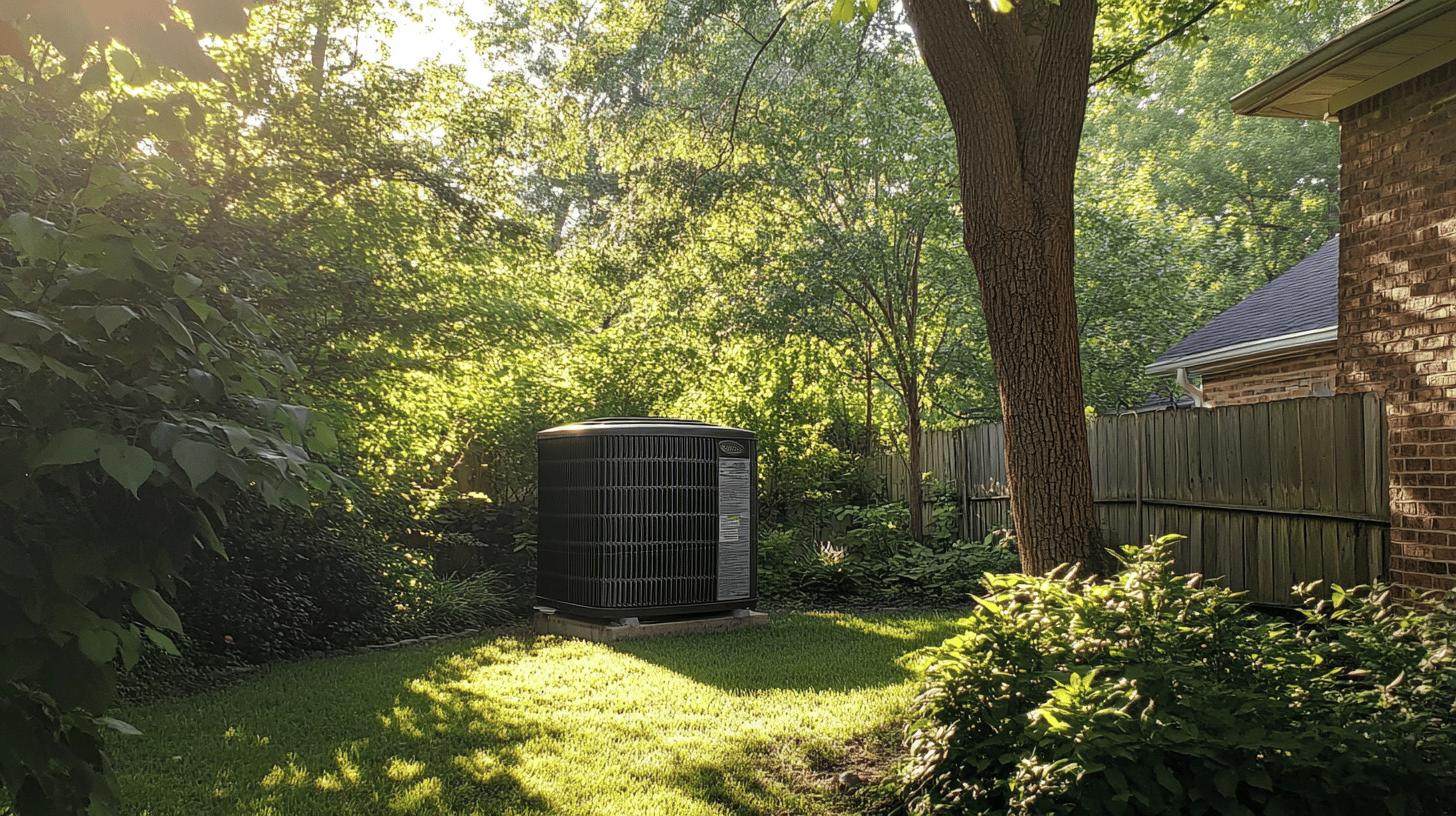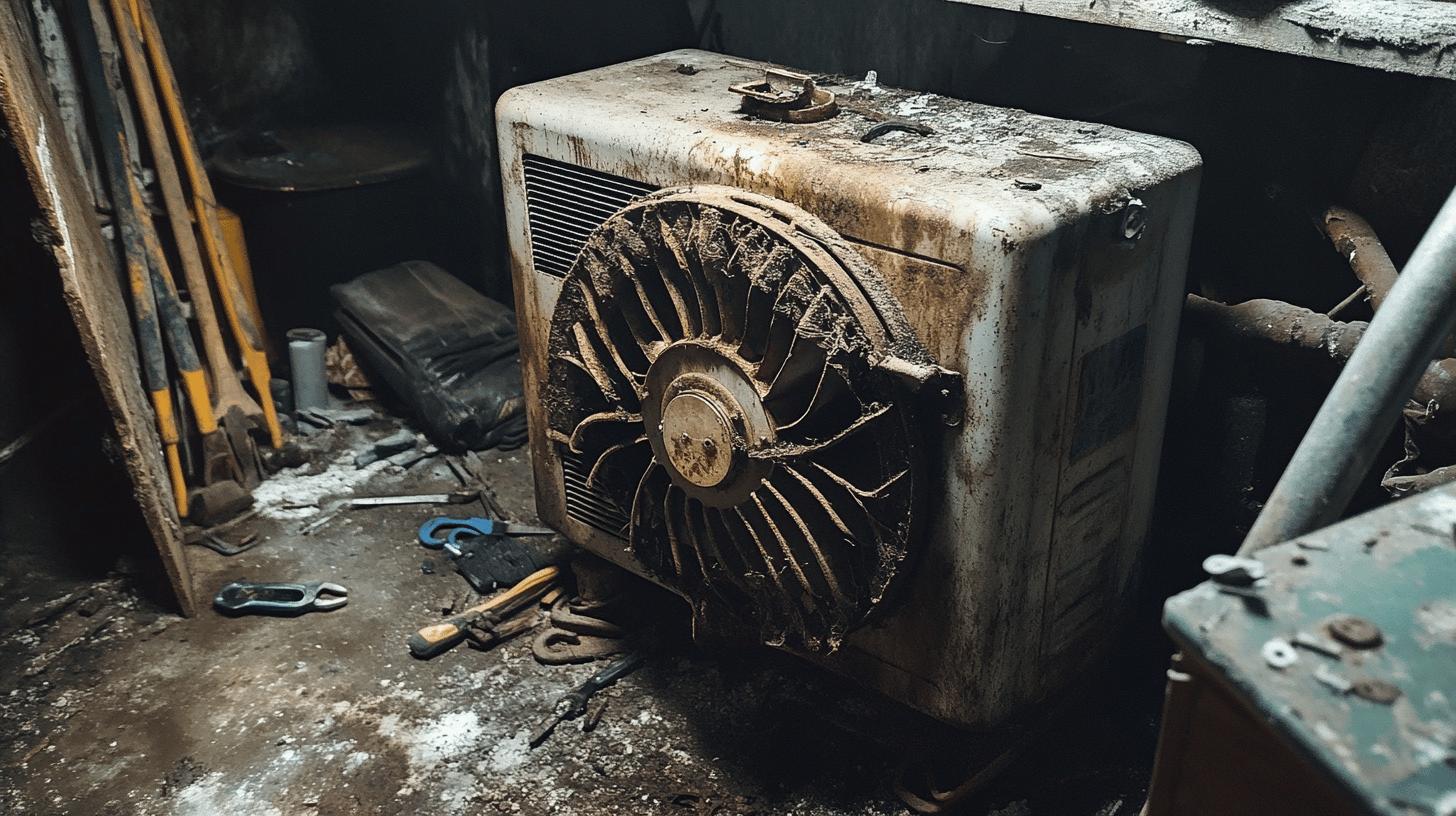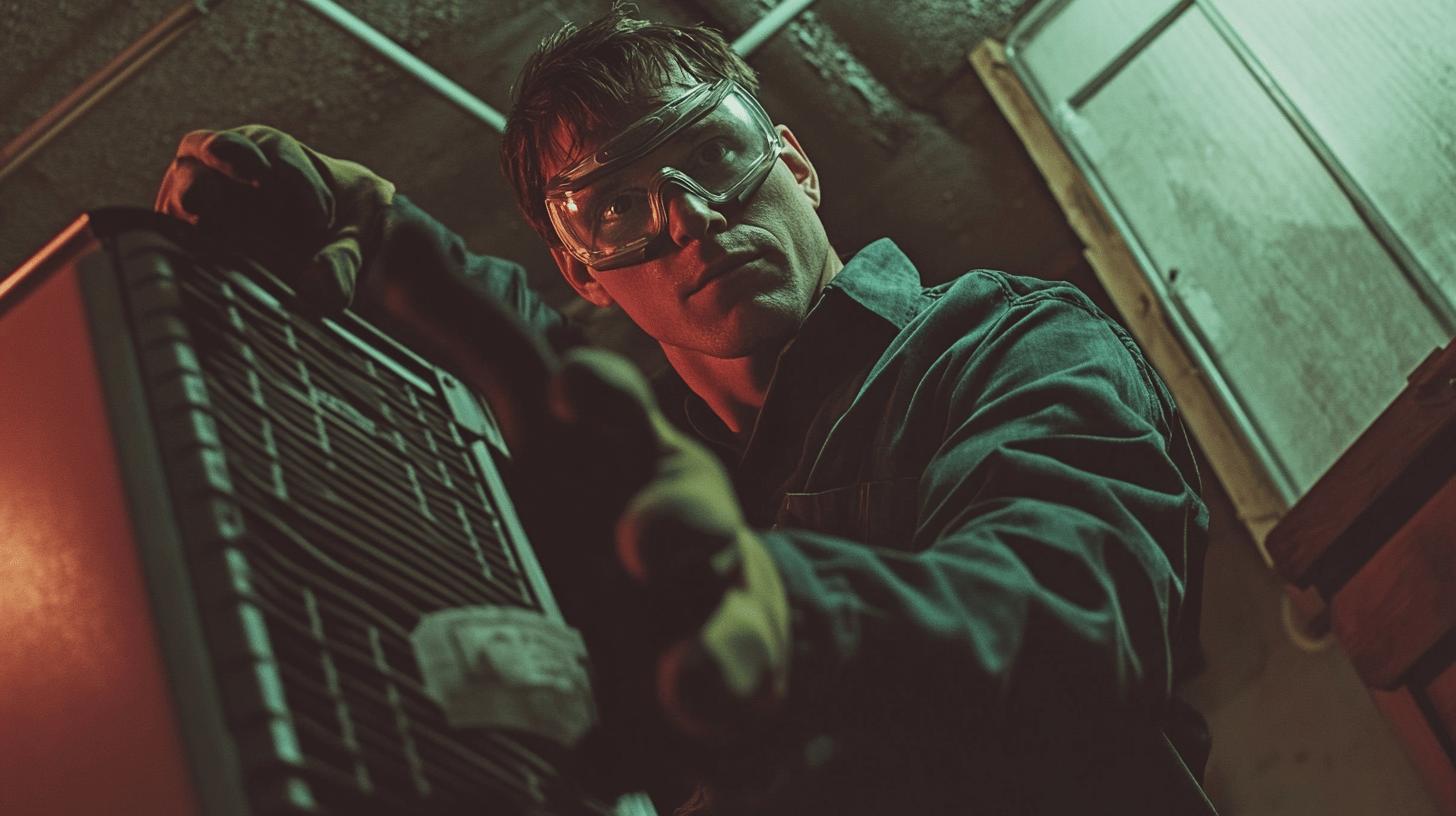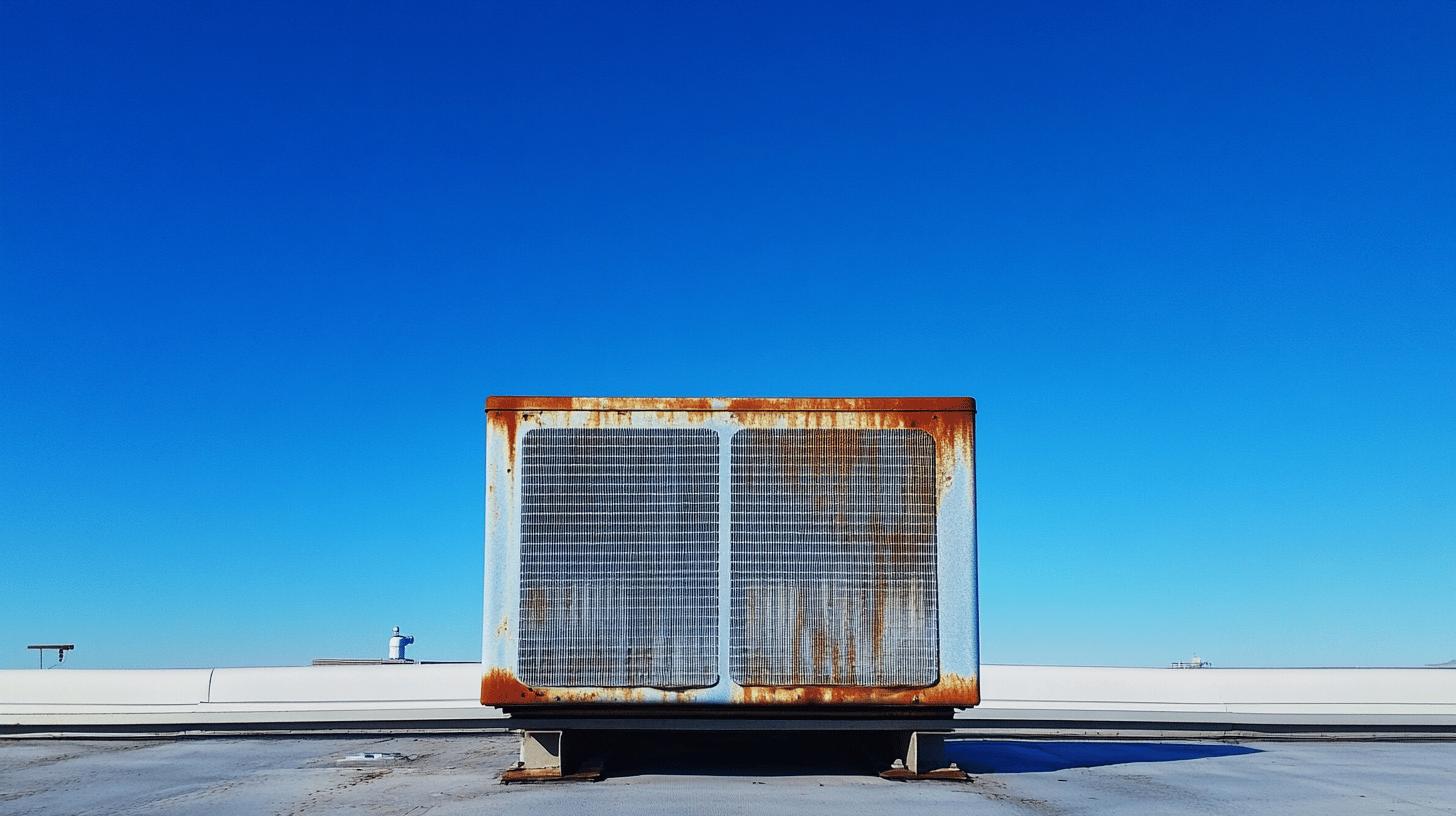Is your HVAC system living on borrowed time, or is it built to brave the decades? Underestimating or overestimating the lifespan of your heating and cooling system can lead to unexpected breakdowns and costly replacements. Most systems average between 15 and 25 years, but individual components like air conditioners, furnaces, and boilers each have their own ticking clocks. Understanding these differences can equip you with the knowledge to make informed decisions about maintenance and replacement. Dive into this article to uncover the typical lifespans of various HVAC systems and learn what factors can impact their longevity.
Understanding the Average Lifespan of an HVAC System
The lifespan of an HVAC system usually ranges from 15 to 25 years. This depends on system type, care, and the environment. Air conditioners last about 15 to 20 years, while heat pumps can run for 10 to 20 years. Factors like weather, usage, and installation quality also impact how long these systems last.
Gas furnaces are quite durable, lasting 20 to 30 years. Oil furnaces, however, tend to last 10 to 15 years. Boilers, part of some HVAC systems, often have a lifespan of 20 to 35 years. Proper maintenance and system demands affect these lifespans.
Regular maintenance is crucial to get the most out of your HVAC system. Routine checkups help catch issues early, ensuring the system runs efficiently. Knowing these averages aids in planning for repairs or replacements, leading to better energy use and savings.
Factors Influencing HVAC Lifespan

What affects the HVAC lifespan? Several factors, such as maintenance, usage, and environment, impact how long an HVAC system lasts. Consistent upkeep is vital. Professional checkups and routine care can spot potential problems early, avoiding expensive fixes and extending the system’s life.
Climate is also key. Coastal systems might last less due to salt, causing corrosion. Systems in extreme temperatures often work harder, reducing lifespan. How often a system runs affects its longevity too. Frequent use leads to more wear and tear, shortening its life compared to moderate use.
Here’s a summary of what affects HVAC lifespan:
- Maintenance Quality: Regular checkups can prevent major issues.
- Environmental Conditions: Climate can increase wear and tear.
- Usage Frequency: Constant use wears systems out faster.
- Installation Quality: Good installation boosts performance.
- System Quality: Better systems outlast cheaper ones.
By knowing these factors, homeowners can extend the lifespan and efficiency of their HVAC systems, saving on costs and ensuring reliable performance.
Maintenance Tips for Extending HVAC Lifespan
Want to make your HVAC system last longer? Regular maintenance is essential. Here are five tips to extend your system’s life:
- Schedule Tune-Ups: Regular checkups find and fix issues before they grow, maintaining efficiency and avoiding breakdowns.
- Change Air Filters: Replace filters every 1-3 months to keep air flowing and improve air quality, minimizing wear.
- Inspect and Clean Ductwork: Clean ducts prevent dust buildup, aiding airflow and reducing strain on your system.
- Clear Outdoor Units: Keep units free of plants and debris for proper airflow and performance.
- Seal Leaks and Gaps: Maintain a thermal boundary by sealing windows and doors to reduce system load.
Professional inspections are crucial. They catch wear early, preventing costly damage. By following these tips, you can keep your system running smoothly for years.
When to Replace Your HVAC System

How do you know it’s time for a new HVAC system? Look for these signs:
- Increasing Energy Bills: Rising costs without increased use can signal inefficiency.
- Poor Air Quality: More dust or allergens could mean ineffective filtering.
- Frequent Repairs: Regular service calls show a struggling system.
- Temperature Imbalance: Uneven heating or cooling can indicate a failing system.
- System Age: Systems 15-25 years old may need replacing.
- Strange Noises/Smells: Odd sounds or odors often mean major issues.
- Use of R-22 Refrigerant: Systems with this outdated refrigerant should be replaced.
What is the “5,000 rule”? Multiply repair cost by system age; if it’s over $5,000, consider a new system.
Should you repair or replace your system? Repairs seem cheaper short-term, but replacements offer better efficiency and comfort long-term, with potential cost savings.
Reiterating the HVAC Lifespan
The average HVAC system lasts 15 to 25 years. Air conditioners typically last 15-20 years, while heat pumps last 10-20 years. Gas furnaces often last 20-30 years, but oil furnaces have a shorter lifespan of 10-15 years. Boilers generally last 20-35 years.
Factors affecting lifespan include maintenance, environment, and use. Regular care can extend life, while harsh conditions can shorten it. Understanding these can guide maintenance and replacement decisions to boost efficiency and save money.
The Role of Professional HVAC Services

Why are professional inspections vital? They identify issues early, preventing costly repairs. Odd noises or smells might suggest problems needing attention. Professional care ensures problems are addressed promptly, preserving the system’s lifespan.
What can professionals help with? HVAC experts do thorough checks and maintenance, keeping systems efficient and reducing energy costs. Hiring skilled plumbers for HVAC-related jobs ensures reliable and effective home maintenance, offering both HVAC and plumbing expertise.
Final Words
Understanding the average lifespan of an HVAC system is critical for planning and budgeting. We’ve covered various HVAC types and their expected longevities, from air conditioners to boilers, highlighting factors that influence these timelines. Maintenance plays a pivotal role, offering simple tips to extend your system’s life.
Recognizing signs for replacement ensures comfort and efficiency while being mindful of cost considerations, and professional services can lead to informed decisions and savings. By staying proactive, you can maintain a reliable HVAC system that serves your needs effectively for years to come.
FAQ
Average cost of replacing an HVAC system
The average cost of replacing an HVAC system varies considerably. Typically, costs can range from $5,000 to $10,000, influenced by system type, efficiency, and installation specifics. Factor in potential rebates for energy-efficient models.
How much do HVAC systems cost?
For new HVAC systems, prices will depend on system features and efficiency. Basic models may start around $3,000, while energy-efficient systems can exceed $10,000. Installation costs contribute significantly to the overall price.
How often should you replace your HVAC system?
HVAC systems should be considered for replacement every 15 to 25 years. Frequent repairs, rising energy bills, and decreased comfort are signs it may be time for a new system.
Should you replace a 15-year-old HVAC system?
A 15-year-old HVAC system might need replacement, particularly if it frequently requires repairs or isn’t energy efficient. Evaluate using the “5,000 rule”—repair costs times age over $5,000 suggest replacement.
Can an HVAC last 30 years?
While it’s possible for HVAC systems, especially some boilers, to last up to 30 years, efficiency and reliability often decrease after 20 to 25 years, leading to increased operating costs.
How do you know when your HVAC is going bad?
Signs your HVAC might be failing include unusual noises, persistent odors, increased energy bills, uneven temperatures, or frequent repairs. Regular inspections help identify problems early.
HVAC equipment life expectancy chart
A typical HVAC lifespan involves air conditioners lasting 15 to 20 years, heat pumps 10 to 20 years, and gas furnaces 20 to 30 years. Proper maintenance can extend these ranges.
HVAC Life Expectancy ASHRAE
According to ASHRAE, the life expectancy of HVAC systems ranges from 15 to 25 years. Regular maintenance and professional inspections can maximize lifespan and efficiency.
Split AC lifespan
Split air conditioners generally have a lifespan of 15 to 20 years. Longevity depends on maintenance, usage, and environmental conditions. Regular service extends operational life.
How long do HVAC systems last in Florida and Texas?
In warmer climates like Florida and Texas, HVAC systems often last towards the lower end of the lifespan range—typically 15 to 20 years—due to constant use and environmental factors.
Commercial HVAC life expectancy
Commercial HVAC systems generally last 15 to 20 years. Factors like system size, usage intensity, and maintenance quality significantly influence longevity and efficiency.

